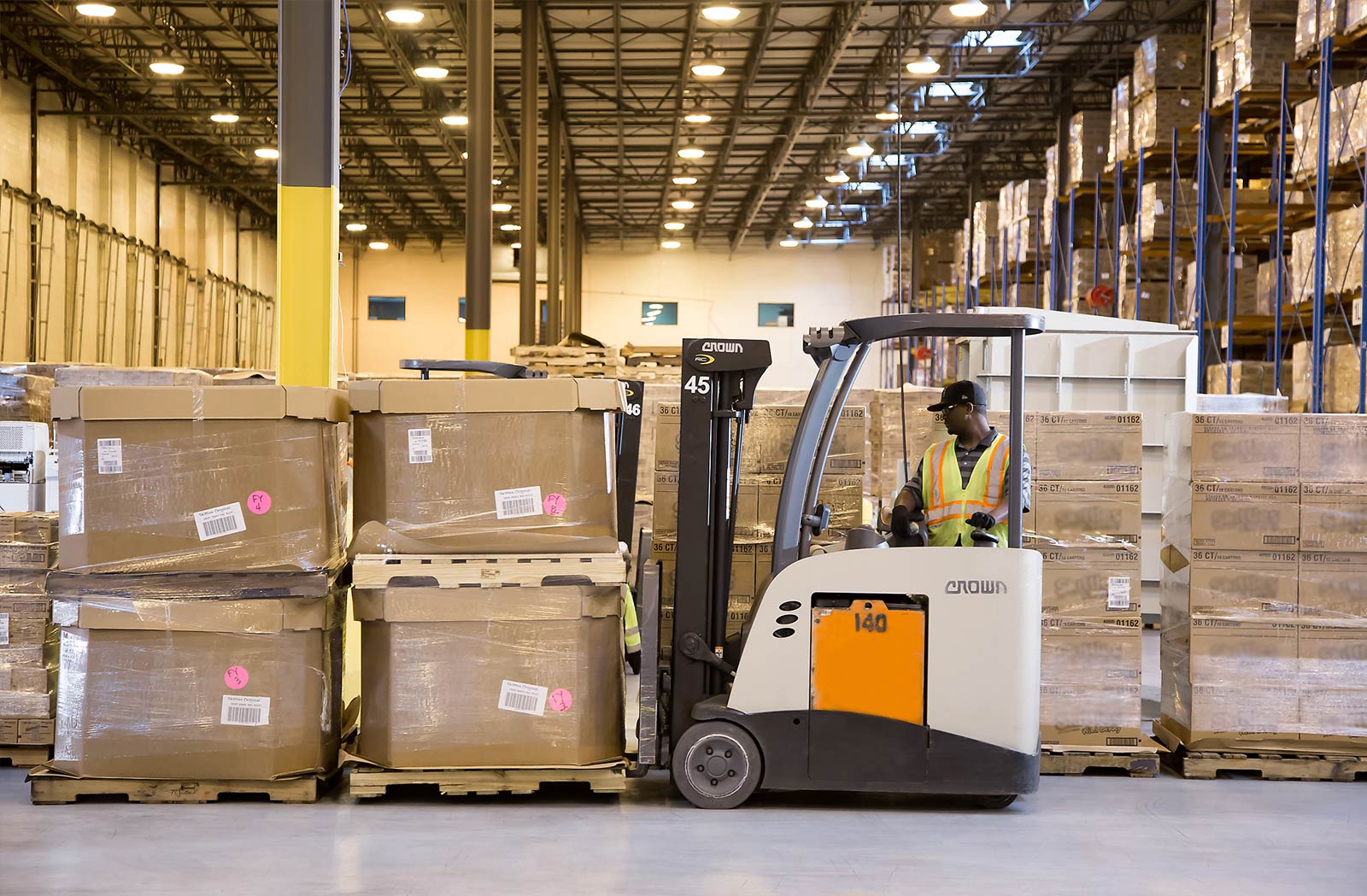Building Your Future with Forklift Companies in the UK
The UK's forklift industry offers stable employment opportunities across numerous sectors, from manufacturing and warehousing to construction and logistics. With the continued growth of e-commerce and supply chain demands, forklift operators remain essential workers in maintaining efficient operations. Understanding the skills required, career prospects, and daily responsibilities can help you make informed decisions about entering this practical and in-demand field.

Skills Employers Value in Forklift Operations
Forklift companies across the UK consistently seek operators who demonstrate both technical competence and workplace professionalism. Essential skills include holding a valid forklift licence or certification, which demonstrates your ability to safely operate different types of lifting equipment. Many employers prefer candidates with experience using counterbalance forklifts, reach trucks, or order pickers, depending on their specific operational needs.
Beyond technical abilities, employers highly value attention to detail and safety awareness. Working in busy warehouses or construction sites requires constant vigilance to prevent accidents and maintain efficient workflows. Strong communication skills prove crucial when coordinating with supervisors, warehouse staff, and delivery personnel throughout your shifts.
Why the Industry Keeps Hiring Forklift Operators
Several factors contribute to the consistent demand for forklift operators throughout the UK. The expansion of online retail has created sustained growth in warehouse operations, requiring more skilled operators to manage increased inventory movement. Additionally, Brexit-related supply chain adjustments have led many companies to expand their UK-based storage and distribution facilities.
The construction industry’s ongoing projects, particularly in housing and infrastructure development, maintain steady demand for forklift operators who can handle materials and equipment. Manufacturing sectors, including automotive and food production, rely heavily on forklift operations for production line efficiency and inventory management.
Career progression opportunities within the industry also contribute to its appeal. Experienced operators often advance to supervisor roles, equipment maintenance positions, or specialised operation of complex machinery like telescopic handlers or heavy-duty industrial forklifts.
Day-to-Day Duties of Forklift Drivers
A typical day for forklift operators involves various responsibilities that extend beyond simply moving materials. Morning duties often include conducting pre-operation safety checks, examining hydraulic systems, checking tyre conditions, and ensuring all safety features function properly. These inspections help prevent equipment failures and maintain workplace safety standards.
Throughout your shift, you’ll load and unload delivery vehicles, organise warehouse storage areas, and transport materials to different locations within facilities. Many operators also handle inventory management tasks, including counting stock, updating computer systems, and ensuring proper product placement according to storage protocols.
Documentation forms an important part of daily responsibilities. Recording equipment usage, reporting any mechanical issues, and maintaining accurate inventory logs help businesses track operations and identify potential improvements. Some positions involve working with warehouse management systems or handheld scanning devices to track product movements.
| Position Level | Average Annual Salary | Experience Required |
|---|---|---|
| Entry-level Operator | £18,000 - £22,000 | Forklift licence only |
| Experienced Operator | £22,000 - £28,000 | 2-5 years experience |
| Senior/Specialised Operator | £28,000 - £35,000 | 5+ years, multiple certifications |
Prices, rates, or cost estimates mentioned in this article are based on the latest available information but may change over time. Independent research is advised before making financial decisions.
Training costs for forklift certification typically range from £150 to £400, depending on the type of licence and training provider. Many employers offer on-site training programmes or reimburse certification costs for committed employees. Refresher courses, usually required every three years, generally cost between £100 and £200.
Location significantly impacts earning potential, with operators in London and the South East typically earning higher wages than those in other regions. However, lower living costs in northern England, Wales, and Scotland often provide comparable overall value. Shift patterns also affect compensation, with night shifts, weekend work, and overtime opportunities potentially increasing annual earnings substantially.
Getting Started in Forklift Operations
Entering the forklift industry requires obtaining proper certification through accredited training centres found throughout the UK. These courses typically last one to five days, covering both theoretical knowledge and practical operation skills. Upon completion, you’ll receive a certificate recognised by employers across various industries.
Job opportunities exist with logistics companies, manufacturing firms, construction contractors, and retail distribution centres. Temporary staffing agencies also provide excellent entry points, allowing you to gain experience with different employers and industries while building your professional network.
Building a successful career involves continuously developing your skills and maintaining safety records. Many operators expand their qualifications to include multiple forklift types, crane operation, or warehouse management systems. Strong attendance records and positive references from previous employers significantly enhance your prospects for advancement and higher-paying positions.
The UK’s forklift industry provides practical career opportunities with competitive compensation and job security. By developing the right skills, maintaining professional standards, and staying committed to safety practices, you can build a stable and rewarding career in this essential sector of the British economy.




